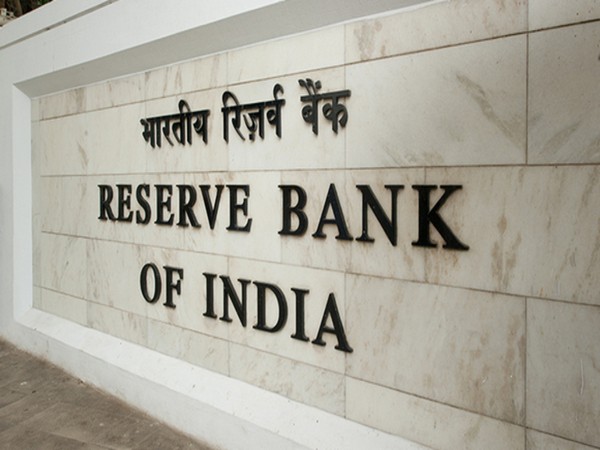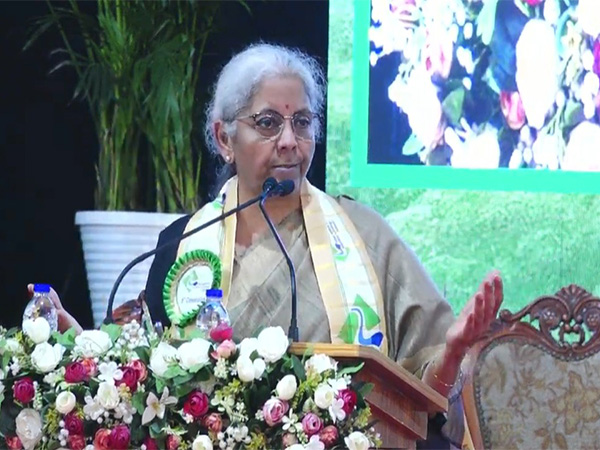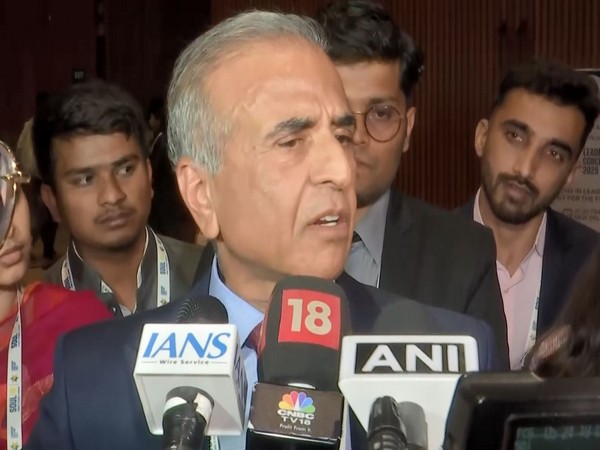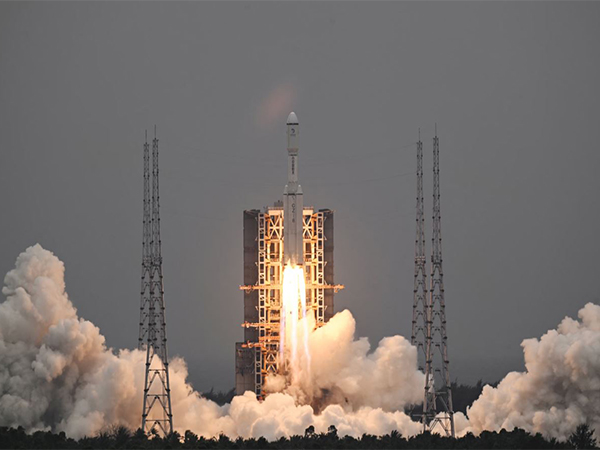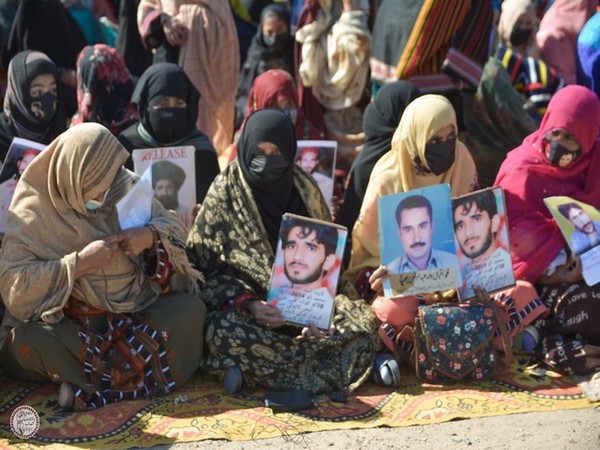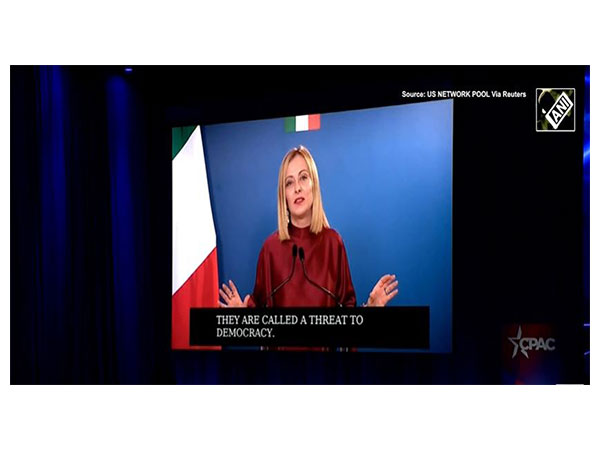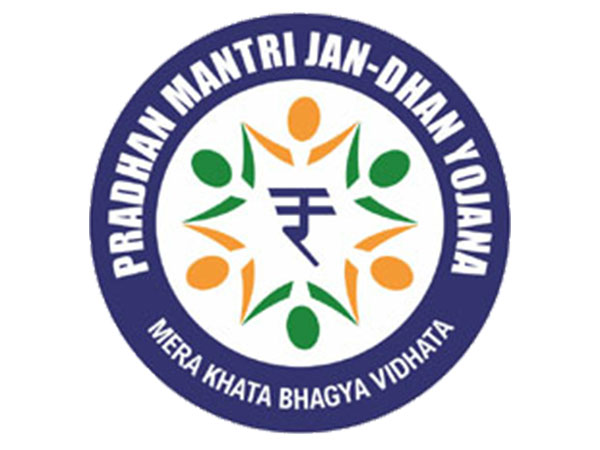
New Delhi [India], August 28 (ANI): Prime Minister Narendra Modi government’s flagship financial inclusion program Pradhan Mantri Jan Dhan Yojana has completed its eighth year and a lot of intended goals were achieved in this period. The program was announced by Prime Minister Modi in his first Independence Day address in 2014. While launching the program in the later part of August 2014, the PM had described the occasion as a festival to celebrate the liberation of the poor from a vicious cycle.
The objective of “Pradhan Mantri Jan-Dhan Yojana (PMJDY)” was to ensure access to various financial services like availability of basic savings bank accounts, access to need-based credit, remittances facility, insurance and pension to the unbanked weaker sections and low-income groups through effective usage of technology. The initiative was important as it provided an avenue for the poor for bringing their savings into the formal financial system, an avenue to remit money to their families in villages besides taking them out of the clutches of the usurious money lenders.
In addition, the beneficiaries get a RuPay Debit card with having inbuilt accident insurance cover of r 1 lakh. The plan also envisages channeling all Government benefits (from Centre / State / Local Body) to the beneficiary’s accounts and pushing the Direct Benefits Transfer (DBT) scheme of the Union Government, the PMJDY website said. “The underlying pillars of PMJDY, namely, Banking the Unbanked, Securing the Unsecured and Funding the Unfunded has made it possible to adopt multi-stakeholders collaborative approach while leveraging technology for serving the unserved and underserved areas as well,” Union Finance Minister Nirmala Sitharaman said on the occasion 8th anniversary of the flagship initiative.
The Finance Minister further stated that “The JAM pipeline created through account holders’ consent-based linking of bank accounts with Aadhar and mobile numbers of the account holders, which is one of the important pillars of financial inclusion ecosystem, has enabled instant direct benefit transfer under various government welfare schemes to the eligible beneficiaries. The advantage of the architecture created under the financial inclusion ecosystem came in handy during the Covid-19 pandemic when it facilitated direct income support to farmers under PM-KISAN and transfer of ex-gratia payment to women PMJDY account holders under PMGKP in a seamless and time-bound manner.”
Financial Inclusion, Sitharaman said, needs policy-led intervention based on an architecture linked to suitable financial products, information and communication technologies and data infrastructure.
As on August 10, 2022, the number of total PMJDY accounts was 46.25 crore, of which 55.59 per cent (25.71 crore) were women and 66.79 per cent (30.89 crore) in rural and semi-urban areas. During the first year of the scheme itself, 17.90 crore PMJDY accounts were opened. There has been a continuous increase in the number of accounts under PMJDY. PMJDY accounts have grown threefold.
In August 2022, out of a total of 46.25 crore PMJDY accounts, 37.57 crores (81.2 per cent) are operative. As per extant RBI guidelines, a PMJDY account is treated as inoperative if there are no customer-induced transactions in the account for over a period of two years. Only 8.2 per cent of PMJDY accounts are zero balance accounts. Total deposit balances under PMJDY accounts stand at Rs 173,954 crore. Deposits have increased about 7.60 times with an increase in accounts 2.58 times. The average deposit per account is Rs 3,761. Average deposit per account has increased by over 2.9 times. An increase in the average deposit is another indication of increased usage of accounts and inculcation of saving habits among account holders.
About 5.4 crore PMJDY accountholders receive direct benefit transfer (DBT) from the government under various schemes, informed the government. Endeavor to ensure coverage of PMJDY account holders under micro insurance schemes. Eligible PMJDY accountholders will be sought to be covered under PMJJBY and PMSBY. Banks have already been communicated about the same. Promotion of digital payments including RuPay debit card usage amongst PMJDY accountholders through the creation of acceptance infrastructure across India. Improving access of PMJDY account holders to Micro-credit and micro-investment such as flexi-recurring deposits etc. (ANI)
